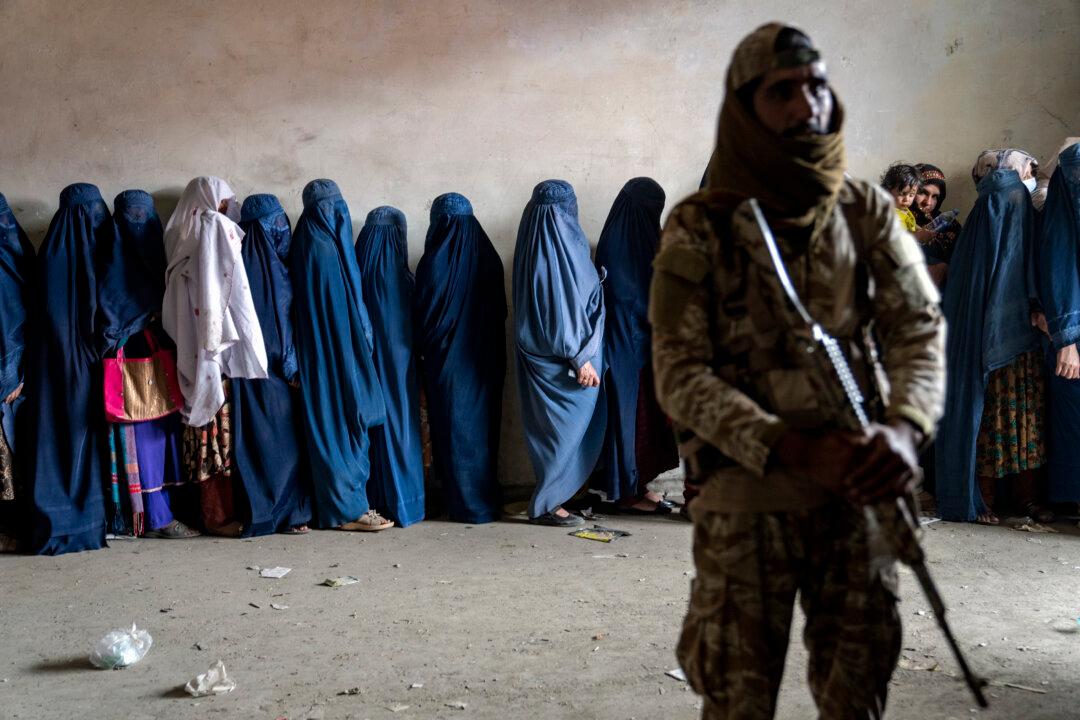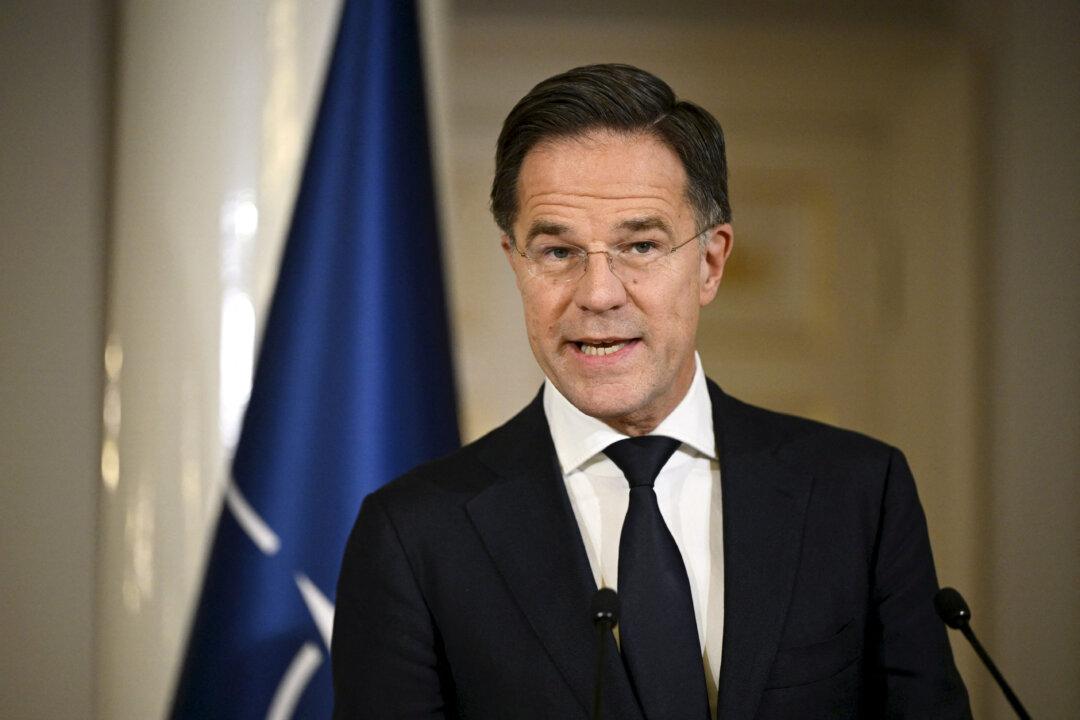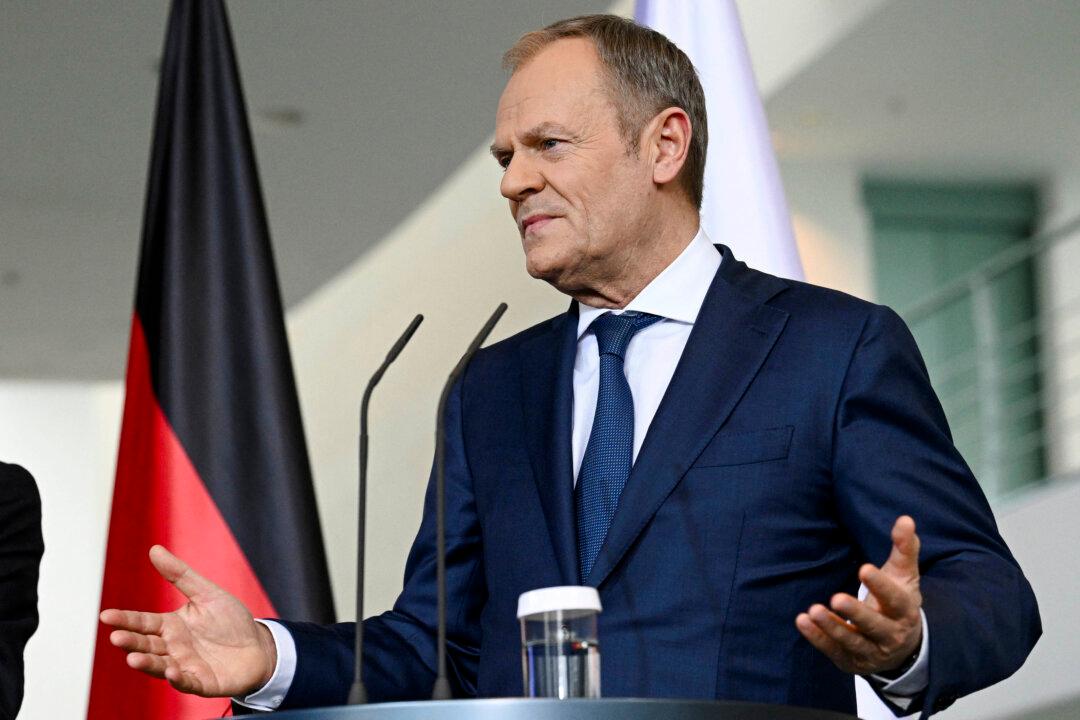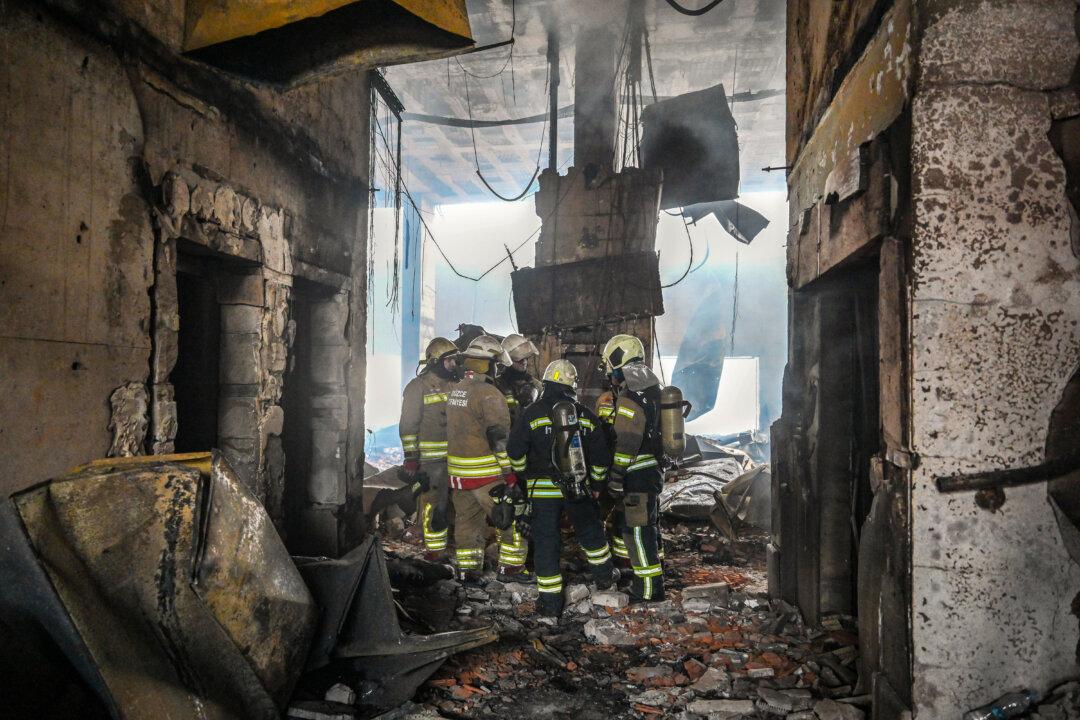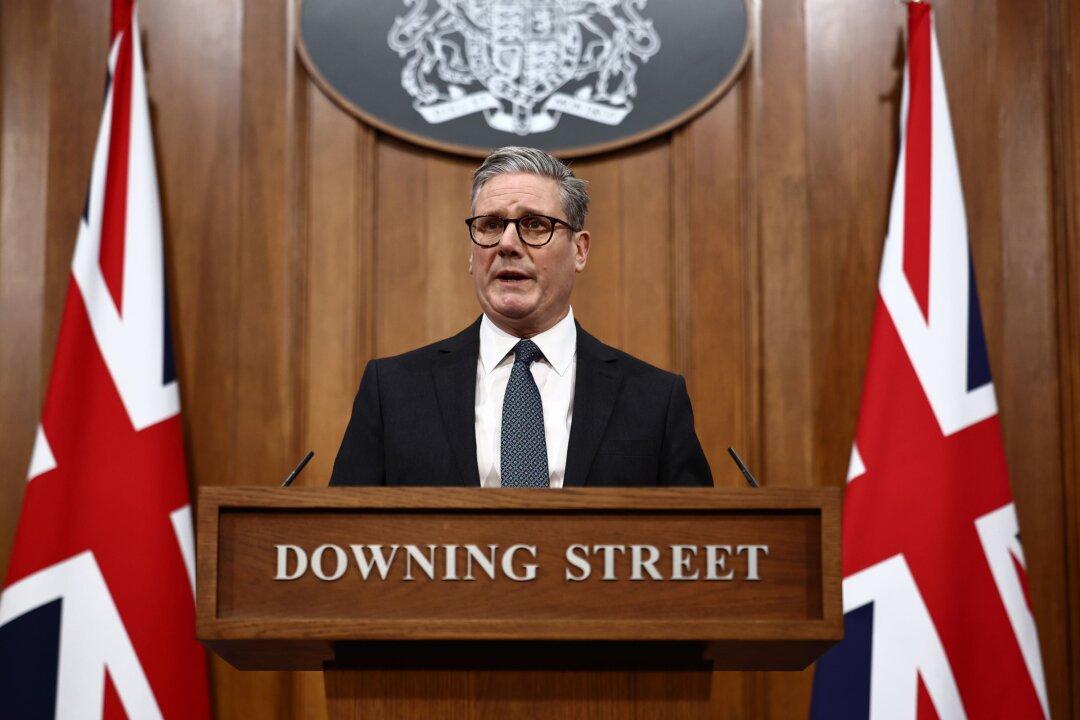The International Criminal Court’s chief prosecutor, Karim Khan, is seeking arrest warrants for two of the leaders of the Taliban for the “persecution” of Afghan women and girls, he announced Thursday.
Karim Khan said he had asked ICC judges to approve warrants for the group’s supreme leader, Hibatullah Akhunzada, 64, and the head of Afghanistan’s Supreme Court, Abdul Hakim Haqqani, 57.
Khan, a British lawyer who has been the ICC’s chief prosecutor since June 2021, said the crimes committed by the pair dated from Aug. 15, 2021 until the present day.
The Taliban captured Kabul on Aug. 15, 2021, the same day the U.S.-backed President Ashraf Ghani fled into exile.
During their second period in charge of Afghanistan—they ruled the country between September 1996 and November 2001—they have banned women from jobs, most public spaces and education beyond the sixth grade.
Akhunzada also issued an edict that buildings should not have windows looking into places where a woman might sit or stand.
Sharia Does Not ‘Justify’
But Khan said, “My office further submits that the Taliban’s interpretation of sharia should not, and may not be used to justify the deprivation of fundamental human rights or the related commission of Rome Statute crimes.”He said it was not just women and girls, but their “allies” who were being targeted by the Taliban.
Khan said the charges also related to the treatment of lesbian, gay and bisexual Afghans.
He said, “These applications recognise that Afghan women and girls as well as the LGBTQI+ community are facing an unprecedented, unconscionable and ongoing persecution by the Taliban.”
It is the first time in the ICC’s history that persecution of homosexuals or bisexuals have been considered a crime against humanity.
In 2022 the court, based in The Hague, approved a request by Khan to open an investigation into the Taliban’s activities in Afghanistan, but it was shelved after the government in Kabul said it could handle the investigation.
But on Thursday, Khan said he wished to reopen the investigation and issue arrest warrants because there was “no longer the prospect of genuine and effective domestic investigations” in Afghanistan.
‘Deportation of Children’
In 2023, three weeks after the invasion of Ukraine, the ICC issued an arrest warrant for Russian President Vladimir Putin, for “alleged war crimes of deportation of children from Ukrainian occupied territories into the Russian Federation,”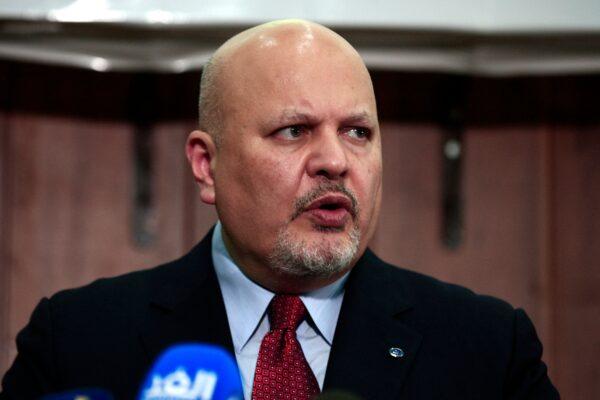
The Taliban leaders are unlikely to be arrested unless they venture out of Afghanistan to a country which recognizes the ICC.
The Taliban government in Afghanistan has not commented on Khan’s move.
